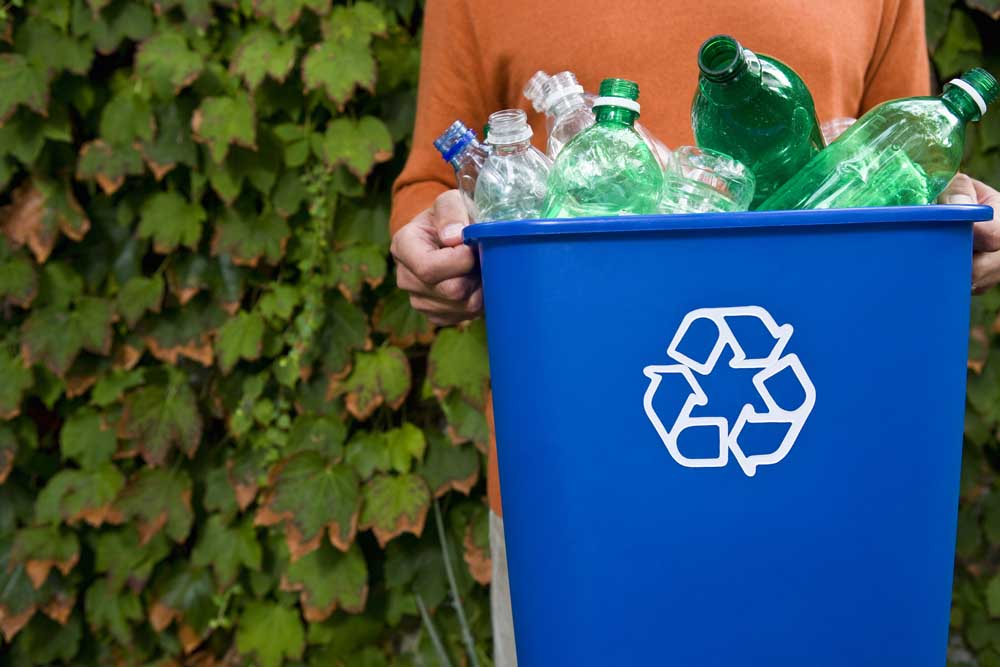Editorial: Let go of the bottle bill
Published 11:56 pm Sunday, March 26, 2017

- (Thinkstock)
Oregon’s famed bottle bill has seen the percentage of containers redeemed decline for several years, and now lawmakers should consider ending it altogether.
That’s a better option than what could happen: The deposit on returnable bottles will double April 1, and beginning next year a slew of new bottles will require deposits as well, without a substantial change in consumer behavior.
The deposit increase, to 10 cents per bottle from the current 5 cents, is a sure thing. A 2011 law requires the increase if bottle redemptions fall below 80 percent for at least two years, and the state has been below that mark since 2014. In 2015, for example, only about 64.5 percent of returnable bottles were redeemed. Some other percentage was recycled, however.
Meanwhile, starting January 1, Oregonians will have to pay deposits not only on beer, soda and water bottles, but on everything from orange juice to kombucha and coconut water. A measure in the Oregon Legislature, House Bill 3349, would delay expanding the bottle bill’s reach until there are enough redemption centers to handle all the returnables that come in.
Today there are only 21 redemption centers in the state, with just three in Southern Oregon and four east of the Cascades, according to the Oregon Bottle Drop website.
The price increase may persuade some to be more conscientious about redeeming bottles, but there’s no guarantee of that. The process for many Oregonians is both messy and smelly, and putting cans and glass into curbside recycling bins feels like a reasonable alternative. Grocery stores hate having to deal with frequently dirty, smelly returnables, which must be stored until they’re picked up by distributors. And, as the redemption center program lags, grocers are stuck with a redemption business they’d rather not have.
With curbside recycling available to the vast majority — about 80 percent — of Oregonians, it makes little sense to keep the bottle bill alive. DEQ officials argue redeemed bottles are easier to deal with: They need not be separated from other recyclables, including paper and some plastics that are routinely part of what’s in curbside co-mingled recycle bins. But what’s easy for those who send Oregon’s returnables on for further use is not necessarily easier for consumers, and in the end, that’s what counts. Without consumer buy-in, even a 10-cent deposit will accomplish little. Better to rely on recycling and let the bottle bill go.






